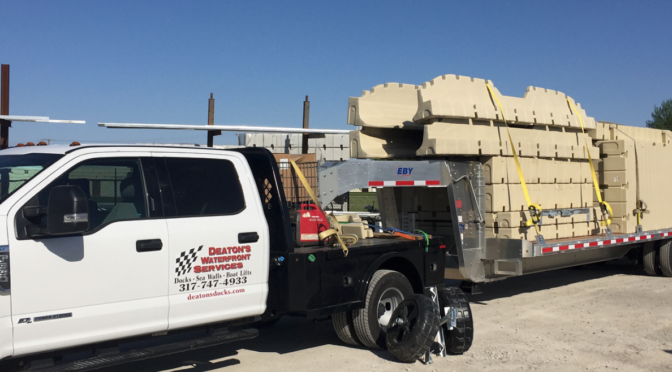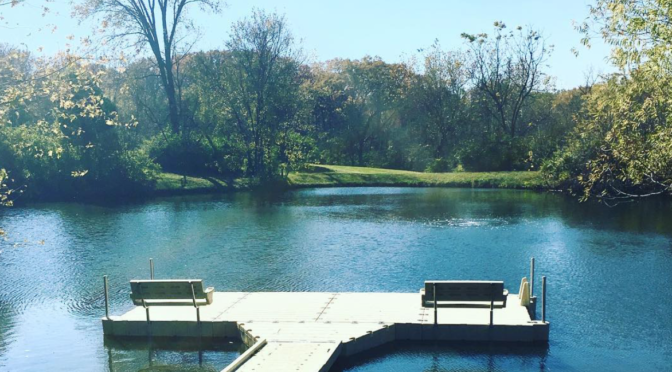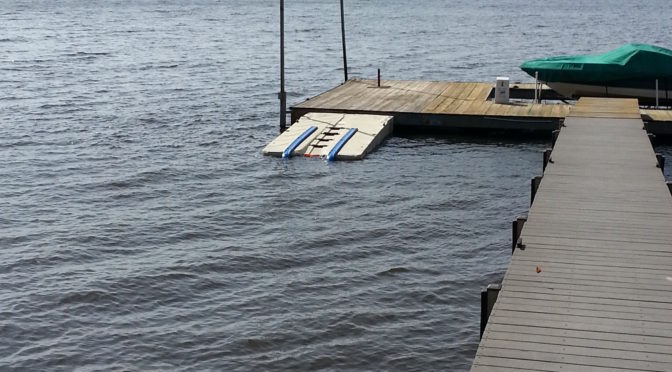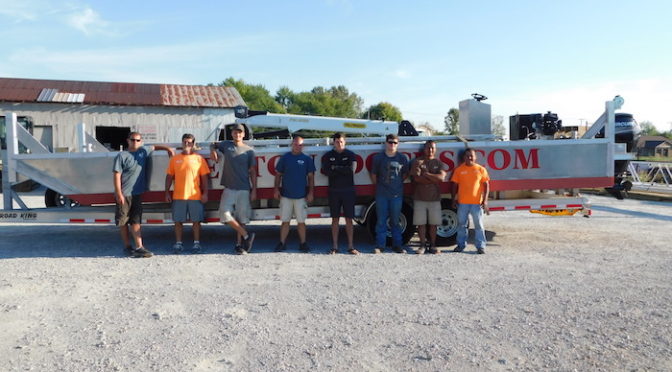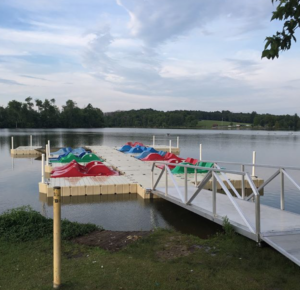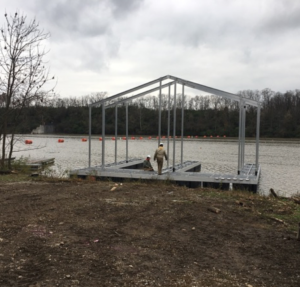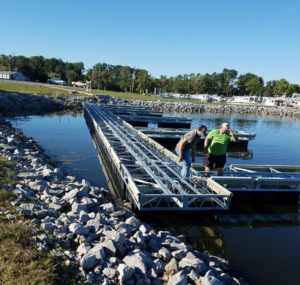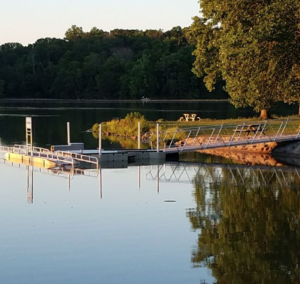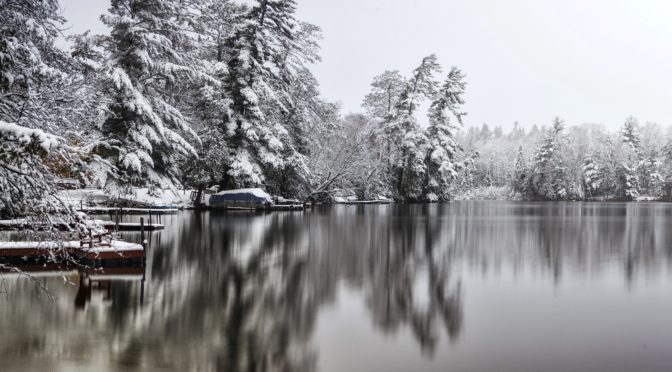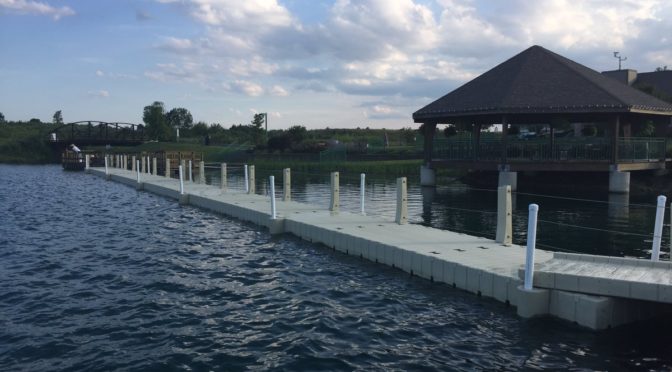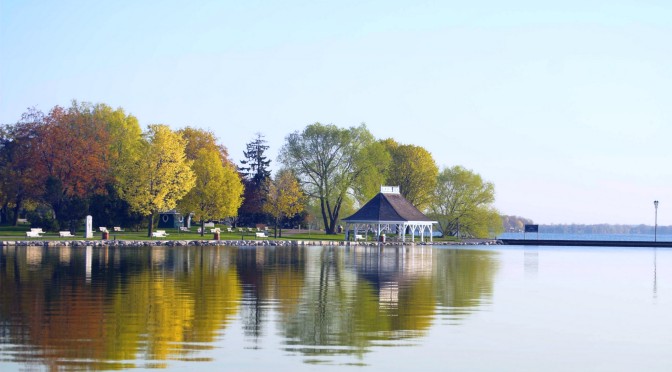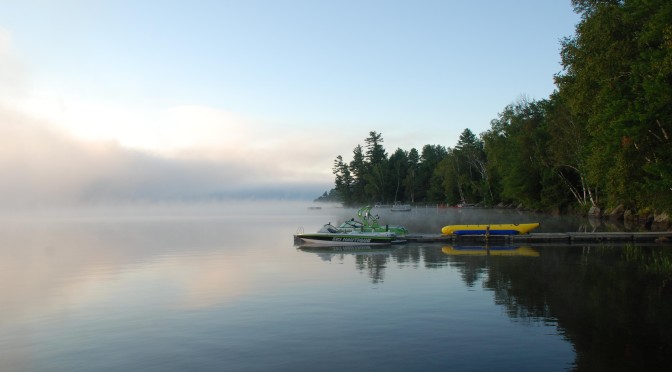We want every client to have a positive experience working with the Deaton’s Waterfront Services team. Whether you’re contacting us about repairs to your floating dock, need a new seawall installed, or you have questions about your boat lift, our crew is here to help. In this post, we’re reviewing some of the features that set our crew apart. No matter what type of project you need, we like to follow these guiding principles in our work.
Great Communication
Solid communication goes both ways in any relationship. That’s why our team works hard to listen to all of our clients. Every project takes our full concentration, and we’re proud to be able to supply great results. Our years of experience and commitment to good communication (and great listening skills) help make that possible.
That being said, it’s always helpful when clients let us know their hopes and concerns for a new waterfront project. We like to understand what questions you have early on, so we can do everything in our power to alleviate your concerns and meet your expectations. It’s also worthwhile to know other details ahead of time. For example, telling us that you have a dog on the property can be useful if we’re coming out to do a waterfront site evaluation. Good communication also means we’ll also work to update you along the way for our own progress. This type of reciprocity helps make your next project a success.
Video Consultations
We try to be flexible in how we consult with clients. Since it can sometimes be challenging to find a good time to meet in person, we like to make video consultations available for clients. Whether you want to talk about your Indiana dock or you’re located elsewhere in our service area (including Kentucky, Ohio, Illinois, Tennessee, or Missouri), we’re always happy to schedule a video chat with you to discuss your project needs.
Our clients appreciate this option for their design and repair consultations because it gives them information faster. Sometimes, repairs are relatively minor. Knowing what you’re facing before we come for an onsite visit can help you plan accordingly and give you a little more time to make a final decision. It’s easy to get the input your need with a video call. That’s why we like to encourage all of our residential, commercial, and government waterfront services clients to consider this option whenever it makes sense. We’re happy to work with you in whatever way works best!
Accurate Designs
Striving for top-of-the-line service is always one of our goals. Usually, this starts in the design phase. Covering all of the necessary details before the physical project begins helps keep our projects on-time. Plus, it helps makes the entire process more enjoyable for everyone involved.
With over 30 years of expertise in the industry, Deaton’s Waterfront Services aims to provide quality at every step of your project. From boat docks to boat houses, we like to offer clients clear designs to make sure all of your needs are met. This is just as important for residential dock projects as it is for our larger commercial and municipal waterfront assignments. When we can agree on a set design before we bring materials out to your site, it’s easier for us to avoid unnecessary delays and confusion. Our clients appreciate this attention to detail, and we know you will, too!
If you’re ready to continue the conversation of how Deaton’s Waterfront Services can help with your next project, please send us a message. We’d be happy to discuss your design options, repairs, or installation during a video call or onsite visit. Or, give us a call at (317) 747-4933 to learn more!

